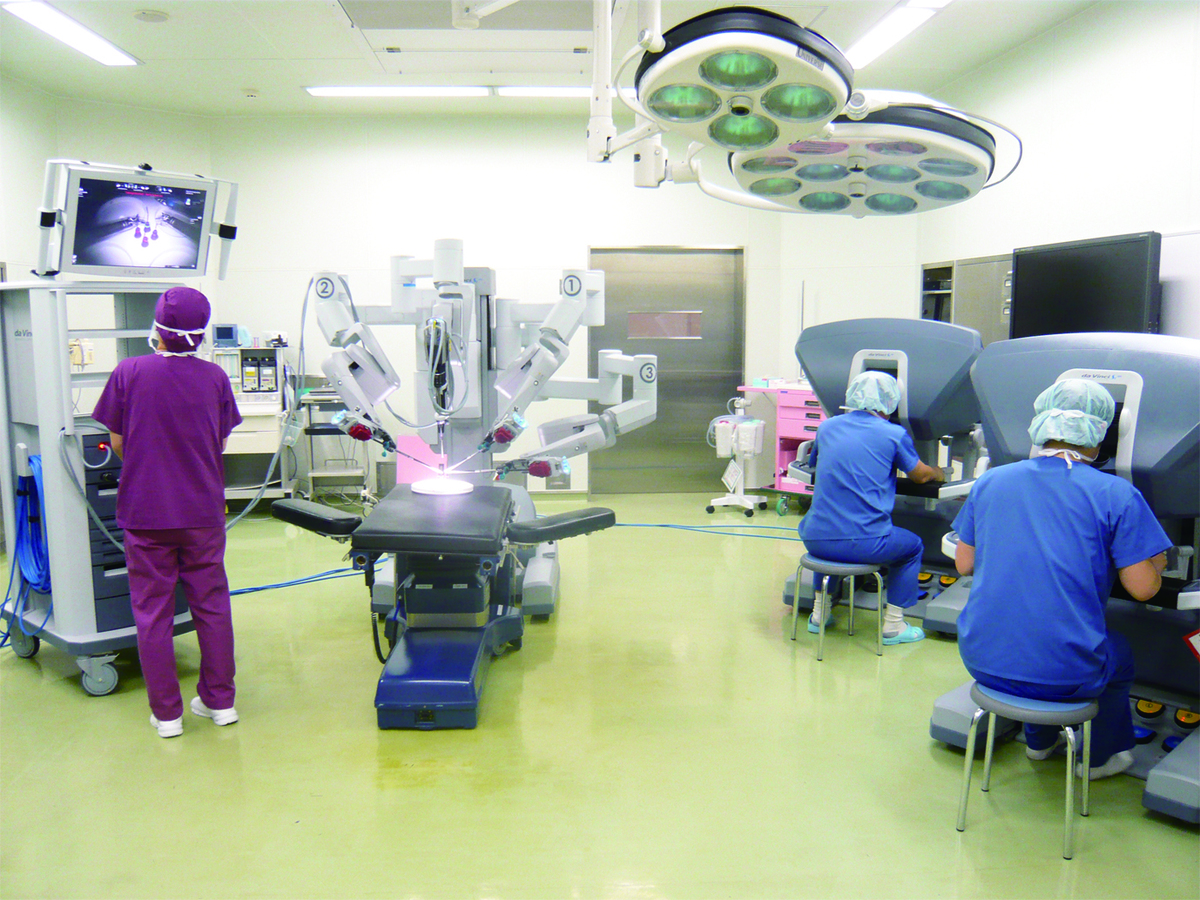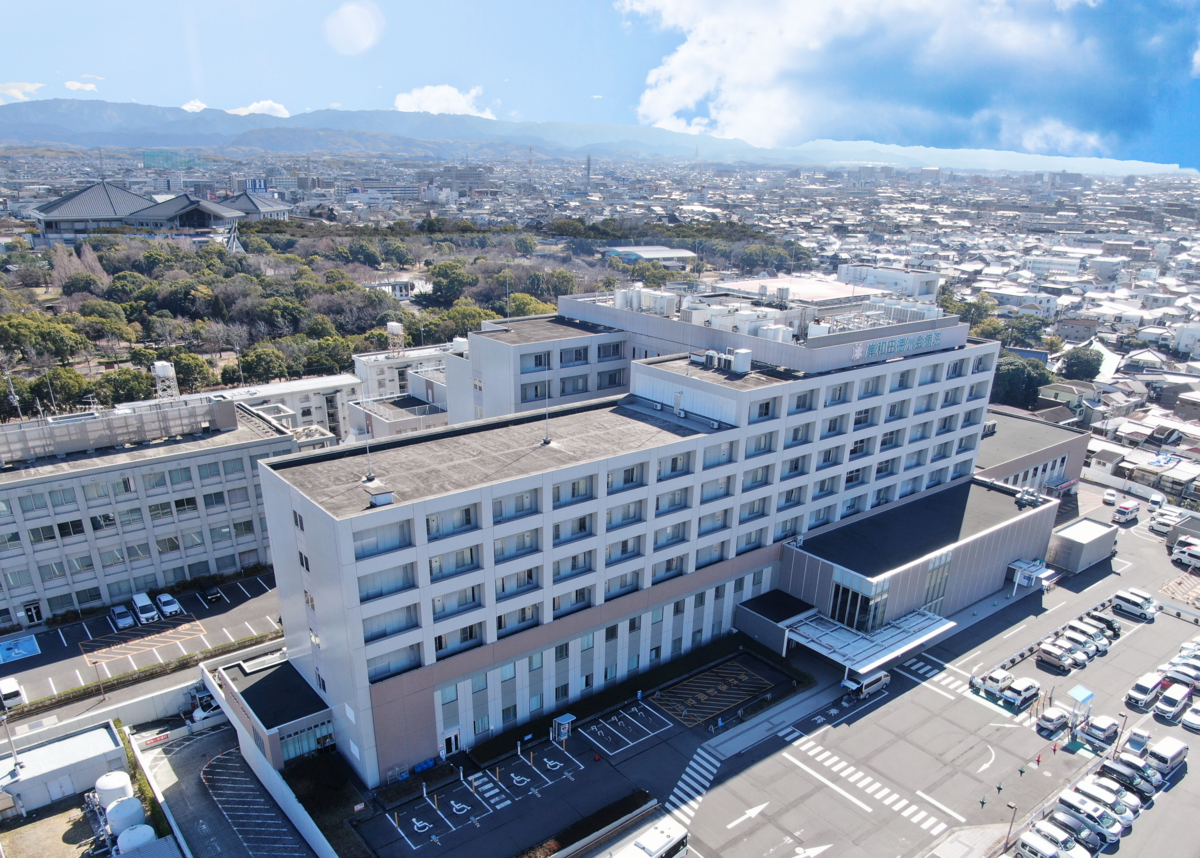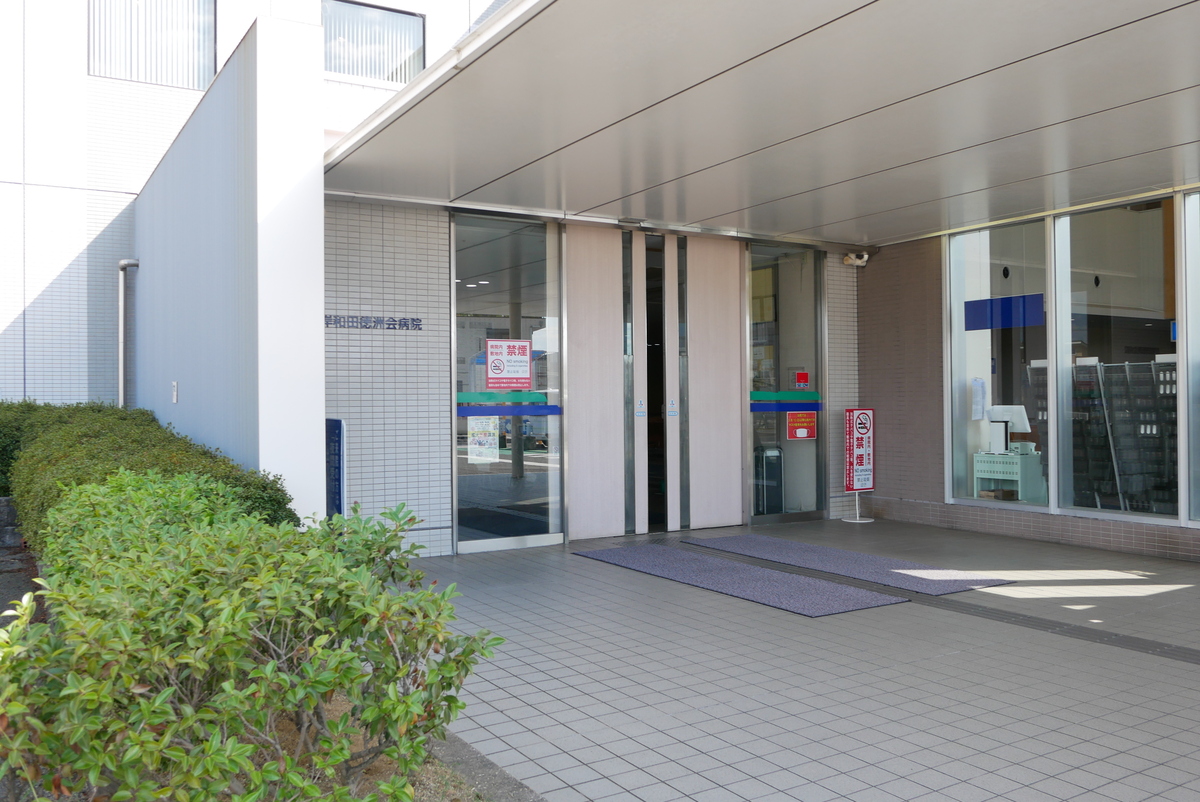Program details
RobotAssisted Surgery (Colon Cancer and Rectal Cancer)【Kishiwada Tokushukai Hospital】
surgery
Kishiwada Tokushukai Hospital(Kinki/Osaka)
Advanced RobotAssisted Technology for Colon and Rectal Cancer Treatment
Our robotassisted surgeries utilize the latest Da Vinci Xi system to provide minimally invasive, safe, and precise treatment for colon and rectal cancers.
- Genres
-
- Department
- Disease
- Examination Items/Treatments/Surgical method
- Region/Organ
- Program Summary
- RobotAssisted Surgery
[Target Diseases] Colon Cancer, Rectal Cancer
Da Vinci System
Laparoscopic surgery, known as patient-friendly surgery due to its ability to perform operations with small incisions, has become a standard treatment in Japan. Recently, the introduction of robotic surgical systems is becoming widely adopted. In the 1990s, laparoscopic surgery was introduced in the field of general surgery, and its usefulness was confirmed. To further enhance laparoscopic techniques, robotic surgical systems were developed.
The surgical support robot Da Vinci was developed in the United States starting in the 1980s, completed in 1999, and began being used as a surgical assistance system in 2000. Robotassisted surgery offers a magnified, 3D endoscopic view, allowing for detailed observation of the abdominal cavity. Additionally, robotic instruments can accurately replicate fine hand movements, enabling safer, more precise, and minimally invasive surgeries than conventional laparoscopic procedures. This approach is particularly effective for complex pelvic surgeries, such as ultralow anterior resection for rectal cancer, intersphincteric resection, and lateral lymph node dissection.
4th Generation Da Vinci Xi
In 2021, our hospital installed the 4th Generation Da Vinci Xi surgical support robot. Since then, we have actively performed robotassisted surgeries for rectal and colon cancers under the guidance of endoscopic surgery specialists certified by the Japan Society for Endoscopic Surgery. Moving forward, our physicians, nurses, and clinical engineers will collaborate closely to promote minimally invasive surgery, improve surgical techniques, and expand the use of robotassisted surgery. We will also focus on staff training and advancing clinical research in this area.
- Medical Institutions
-
Kishiwada Tokushukai Hospital
〒596-0042
4-27-1 Kamoricho, Kishiwada City
- Examination Items
- Setup Date
- Excluded days
- Required Days/Hours
- Start/end time
- Eligibility Criteria/Exclusions for Treatment
- Eligibility Criteria
1. Medical Information:
Diagnosis (e.g., colon cancer, rectal cancer)
Cancer stage and location
Examination results from other institutions (e.g., CT, MRI, endoscopy)
Presence of comorbidities (e.g., heart disease, diabetes, kidney disease)
2. History of Treatment:
Previous cancer treatments (e.g., surgery, chemotherapy, radiation therapy)
Current medications (e.g., anticoagulants, diabetes medications)
Presence of allergies or adverse drug reactions
3. Age and Physical Fitness:
Assessment of whether elderly or comorbid patients can tolerate surgery
Evaluation of suitability for laparoscopic robotassisted surgery
4. Preoperative Testing and Anesthesia Evaluation:
Ability to undergo required preoperative tests (e.g., blood tests, ECG, chest Xray)
Assessment of eligibility for surgery under general anesthesia
5. Postoperative Management and FollowUp:
Cooperation with postoperative inpatient care and recovery phase followup
Commitment to attending regular outpatient follow-ups
- Precautions / Contraindications
- 【Precautions and Contraindications】
1. Cases Not Suitable for Treatment:
Robotassisted surgery may not be appropriate for patients with advanced cancer or extensive metastasis to other organs.
Patients with severe cardiopulmonary dysfunction or high risks associated with general anesthesia may be deemed unsuitable for surgery.
Patients unable to discontinue anticoagulant medications may face high bleeding risks, limiting surgical options.
2. Surgical Risks:
Robotassisted surgery carries risks such as bleeding, infection, and thrombus formation. Careful management is essential, particularly for complex procedures.
There is a risk of injury to surrounding organs and postoperative bowel obstruction, requiring close postoperative monitoring.
3. Risk of Recurrence:
Some patients may experience cancer recurrence or metastasis, necessitating regular followup care.
# 【Important PreTreatment Information】
1. Preoperative Preparation:
Patients must discontinue anticoagulant or antiplatelet medications under medical guidance before surgery.
Preoperative tests (e.g., blood tests, CT scans, ECG) are required to confirm surgical eligibility.
2. Postoperative Care and FollowUp:
After surgery, monitor for bleeding, infection, and fever. Contact a medical provider immediately if abnormalities occur.
Temporary abdominal pain or delayed bowel movement may occur postoperatively, and patients should follow medical instructions during recovery.
3. Lifestyle and Daily Precautions:
Avoid excessive physical activity after surgery and gradually transition to light exercise while gradually transitioning to
a healthier lifestyle with balanced nutrition and stress management.
Focus on a highprotein, easily digestible diet and ensure adequate hydration.
4. Regular FollowUp:
Commitment to regular outpatient follow-ups (e.g., CT scans, tumor marker tests) are necessary to monitor for recurrence.
Report any changes in symptoms or discomfort promptly and consult with your physician.
5. Emergency Response:
Contact a medical provider immediately if severe abdominal pain, bleeding, or fever occurs after discharge.
Confirm emergency contact details for the treating physician or medical facility in advance.




